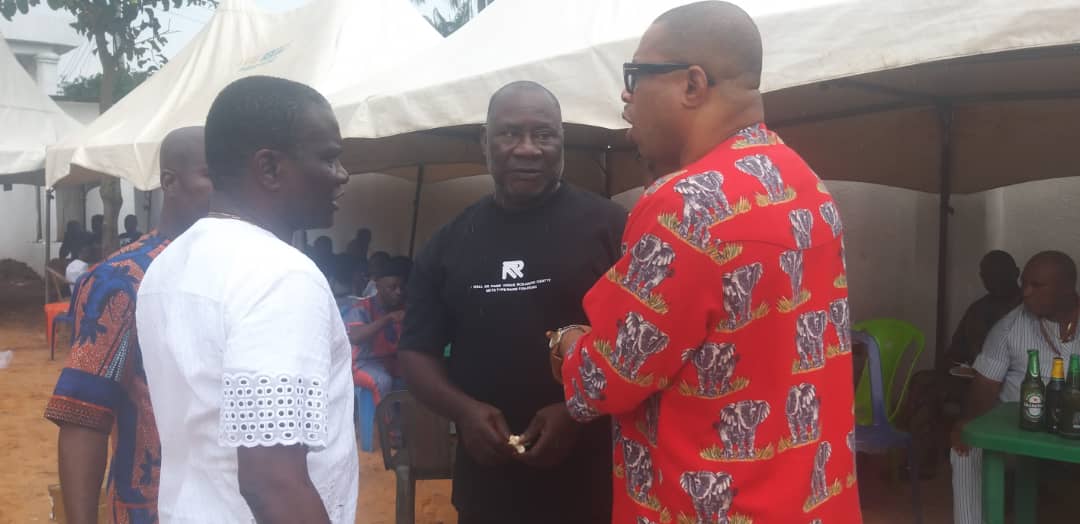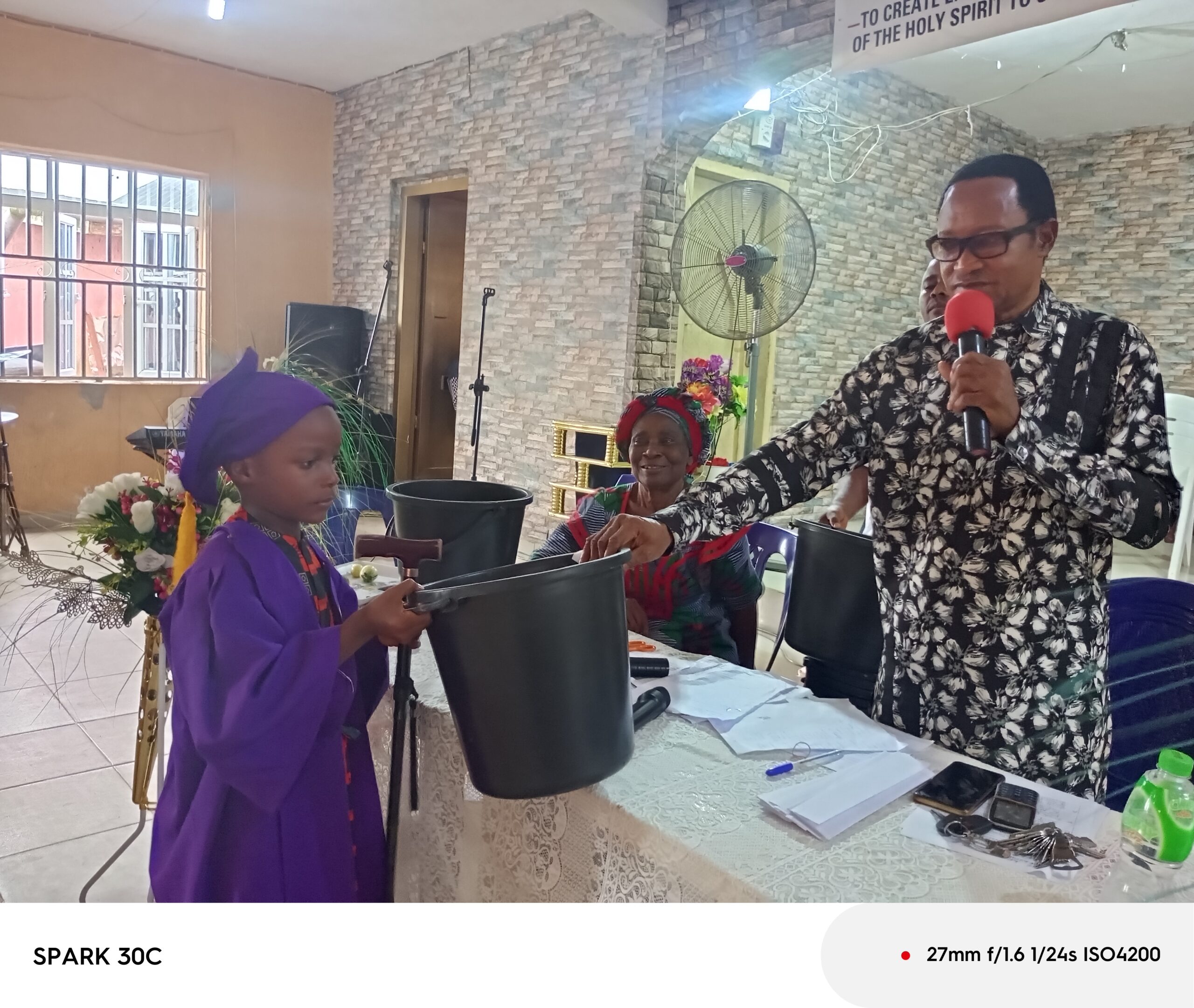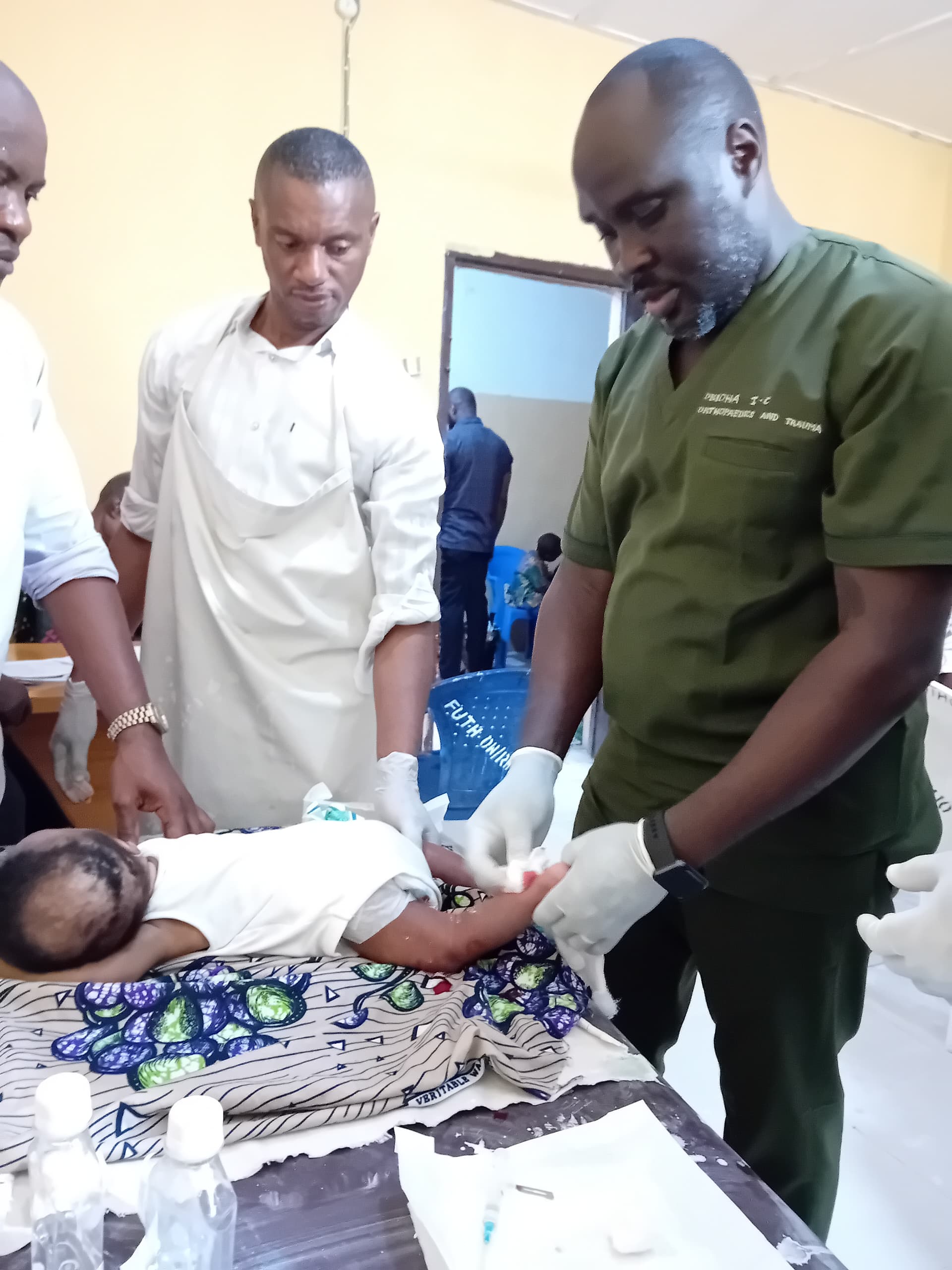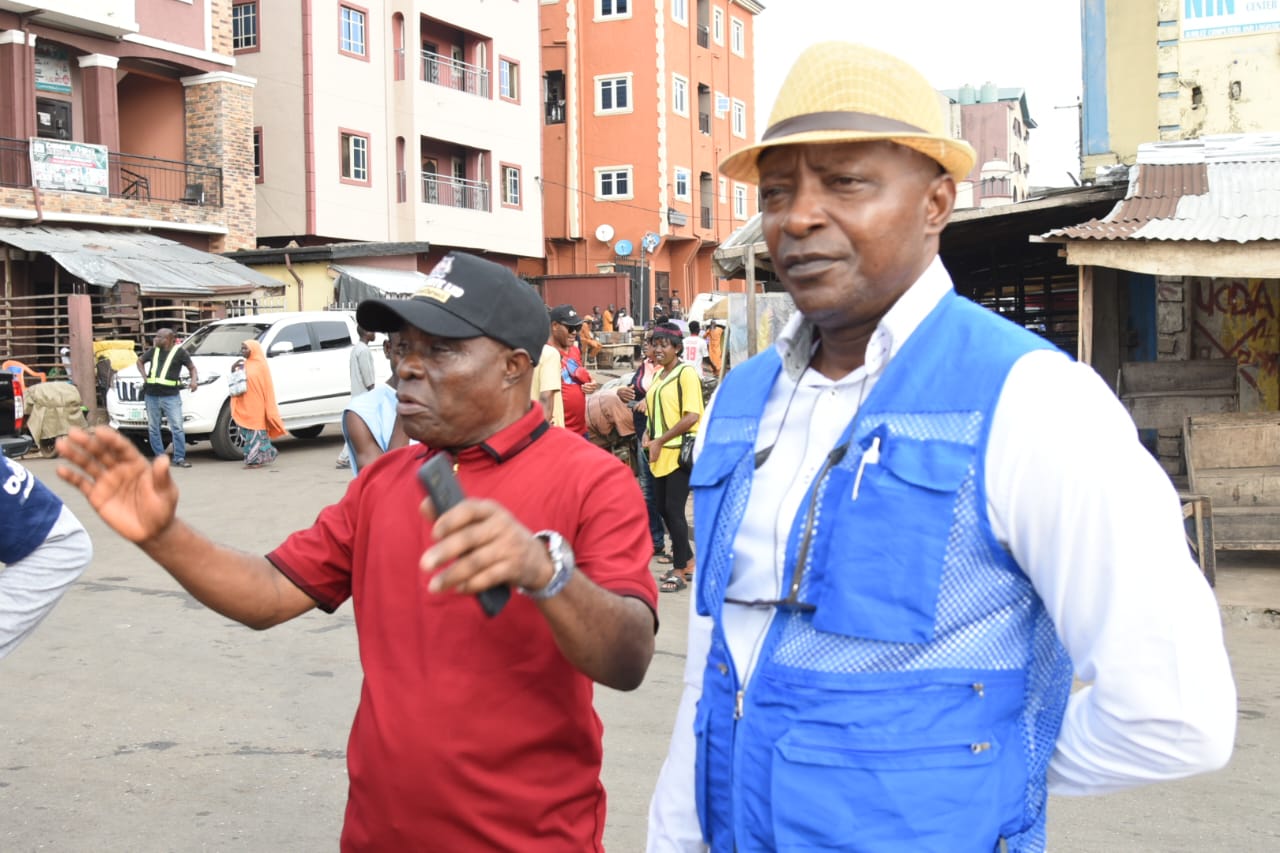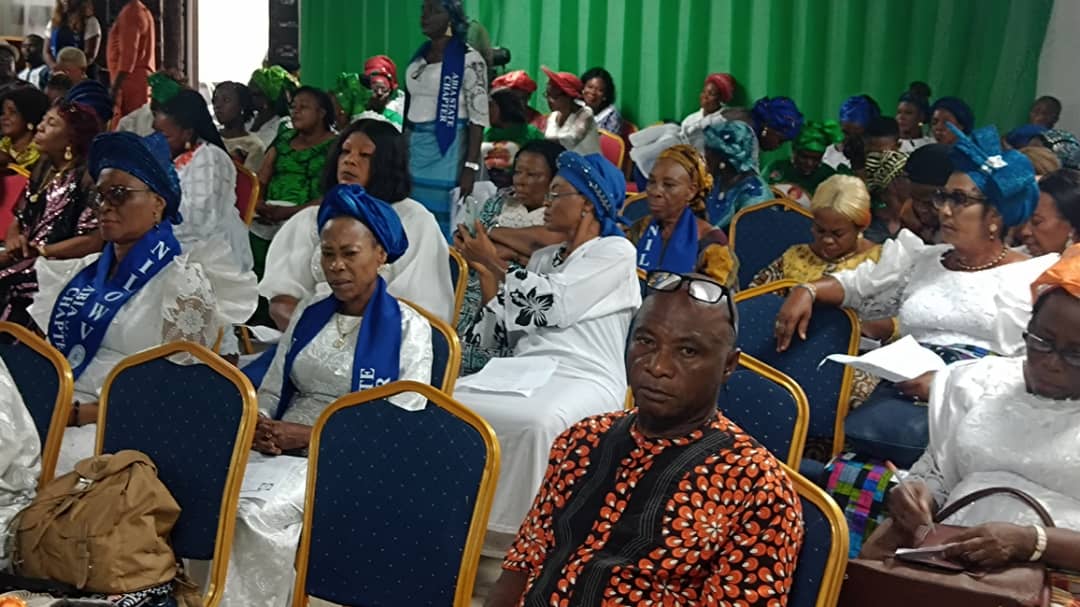
From TCNEWS
Political stakeholders, traditional and religious leaders, women and youth representatives, and persons with disabilities gathered at the Ministry of Women Affairs, Ogurube Layout, Umuahia, Abia State on Friday, June 27, 2025, to advocate for the passage of the Special Seats Bill (HB 1349). The landmark town hall meeting focused on promoting women’s political representation by reserving seats exclusively for women at federal and state legislative levels.
The bill aims to bridge the persistent gender gap in Nigeria’s legislature by guaranteeing dedicated seats for women, addressing longstanding structural barriers to their participation in governance.

Opening the event, Commissioner for Women Affairs, Dr. Maureen Aghukwa, emphasized that women’s inclusion in governance is both a moral imperative and an economic necessity. “Reserved seats for women in governance are not tokenism; they are about justice and ensuring that women’s perspectives shape national policy,” she said.
Dr. Aghukwa highlighted that while many countries have adopted deliberate measures to enhance women’s political participation, Nigeria continues to lag despite its large female population and the vital roles women play across society. She pointed out that women currently hold less than 5% of legislative seats nationwide, a disparity the nation can no longer afford to ignore.
Clarifying the purpose of reserved seats, Dr. Aghukwa stated they are designed to create enabling environments for women’s meaningful contributions rather than symbolic gestures. She underscored the need to empower women in governance to ensure policies reflect the diverse needs of all citizens. She cited the positive impact of women leaders, characterized by empathy, integrity, and inclusiveness, urging that these values be institutionalized in Nigeria’s political framework.
Calling on lawmakers, party leaders, community influencers, youth groups, and media representatives to support the bill, the Commissioner appealed for unity beyond political and cultural divides. She advocated for legislative action and constitutional reforms to guarantee reserved seats for women at all government levels. “Together, we can create a more balanced, fair, and visionary governance structure,” she added.
Sponsored by Deputy Speaker Rt. Hon. Ben Kalu, HB 1349 proposes constitutional amendments to sections 48, 49, 77, 91, and 117, to establish one senatorial seat, one House of Representatives seat, and three State House of Assembly seats per state exclusively for women. If enacted, the bill would secure at least 182 reserved seats for women across Nigeria’s National and State Assemblies.
Designed as a Temporary Special Measure (TSM), the bill is to be reviewed after three general election cycles (12 years) with the goal of closing the gender disparity. The proposal aligns with international best practices, drawing from countries such as Rwanda, Kenya, and South Africa, where gender quotas have significantly increased women’s legislative participation.

In her keynote address, Hon. Dame Blessing Nwagba, Chairperson of the Nigerian League of Women Voters (NILOWV), stressed the urgency of legislative reform: “This bill empowers Nigerian women politically and helps dismantle systemic barriers to leadership.” She called on all stakeholders to unite behind the bill, noting its collaboration with UN Women and leading civil society organizations.
Comrade Josephine Ogwo, Chairperson of the Nigerian Association of Women Journalists (NAWOJ), Abia State Chapter, also expressed strong support. “Increasing women’s representation in the legislature will lead to more inclusive and equitable policies that benefit society as a whole,” she said.

Ogwo praised the town hall as a crucial step toward constitutional reform and urged participants to engage in meaningful dialogue and develop actionable recommendations.

Traditional leaders and political party representatives reaffirmed their backing for the bill. The Deputy Chairman of Umuahia North Local Government encouraged women to intensify grassroots mobilization to sustain political influence.
Representatives of persons with disabilities including, Nwakanma Blessing, coordinator of the PWD League of Women Voters echoed calls for inclusivity beyond gender.
Nwakanma stressed, “We have the capacity and the right to contribute meaningfully to governance.”

The Special Seats Bill marks a pivotal step toward gender equality in Nigerian politics, addressing systemic barriers that have marginalized women for decades. By institutionalizing reserved seats, Nigeria joins a growing list of nations championing gender-inclusive governance as a means to strengthen democracy, promote diverse policymaking, and advance social justice.

The event climaxed with the signing of a memorandum of understanding endorsing the Special Seats Bill, signaling a collective commitment to advocate for its swift passage in the National Assembly during the upcoming public hearing.


